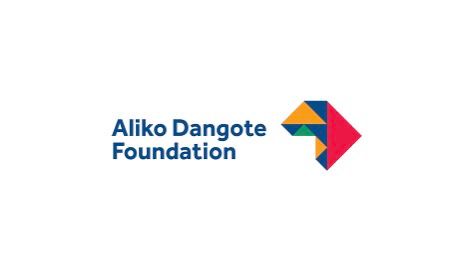Business
Aliko Dangote Foundation (ADF) launches national initiative to promote fermented foods for nutrition, food security

The Aliko Dangote Foundation (ADF), in partnership with Sight and Life Foundation (SAL), has launched a nationwide initiative titled “Promotion of Production & Consumption of Fermented Foods for Food & Nutrition Security in Nigeria.”
The program, unveiled at a workshop in Lagos, aims to combat malnutrition and improve food security by promoting the production and consumption of locally fermented foods.
The initiative highlights Nigeria’s rich tradition of fermented foods—such as ogi, iru, ugba, and kunu—as a sustainable solution to the triple burden of malnutrition: undernutrition, micronutrient deficiencies, and overnutrition. By integrating indigenous practices with modern science, ADF seeks to enhance the nutritional value, safety, shelf-life, and market potential of these foods.
Health experts, regulators, and donors gathered to discuss strategies for raising awareness, building capacity, and leveraging technology to promote fermented foods and address micronutrient deficiencies.
“Fermentation has long been a cornerstone of food preservation in Africa,” said Zouera Youssoufou, Managing Director/CEO of ADF. “Recent research, including studies by Sight and Life, underscores its benefits. We’re exploring how these findings apply to Nigeria’s context and how we can innovate while preserving traditional flavors.”
Youssoufou emphasized the importance of maintaining the authentic taste of fermented foods, such as the sourness of freshly made pap, while improving their nutritional profile.
“We’ve compiled a comprehensive list of fermented products consumed in Nigeria to inspire industry adoption and innovation,” she added.
Dr. Mairo Mandara, Africa Adviser at SAL, stressed the health benefits of fermented foods, particularly their probiotic content.
“These foods support immune function and nutrient absorption. At a time when global undernourishment affects over 735 million people, fermentation offers a practical, local solution.”
She also noted the high post-harvest losses in Nigeria—estimated at 45%—and how fermentation can help reduce waste by extending shelf life.
Mrs. Ladidi Bako-Aiyegbusi, Director of Nutrition at the Federal Ministry of Health and Social Welfare, called for a multi-sectoral approach to tackle malnutrition. “Fermented foods are rich in essential micronutrients like zinc and iron. The revised National Food and Nutrition Policy aims to promote diverse, nutrient-rich diets,” she said.
Dr. Francis Aminu, Director of Health and Nutrition at ADF, cited the report “Fermentation: The Ancient Solution to Modern Challenges” as a key inspiration. “Our goal is to adapt these insights to Nigeria’s unique challenges. With 40% of children—around 12 million—affected by stunting, we must act urgently.”
He concluded, “Through strategic partnerships, we aim to improve nutrition, reduce food insecurity, and empower communities across Nigeria.”
-

 Metro20 hours ago
Metro20 hours agoLagos refers Simi’s resurfaced tweets to police for probe
-

 News7 hours ago
News7 hours agoNo Power Can Stop Muslims From Practising Shariah – Shariah Council
-

 News23 hours ago
News23 hours agoFubara Appoints New SSG, Chief Of Staff
-

 News15 hours ago
News15 hours agoAmid FCT Issues, Wike Flies Sons To London On Condolence Visit
-
News23 hours ago
Lakurawa Terrorists Kill 5 Worshippers In Kebbi Mosque
-

 Business21 hours ago
Business21 hours agoLafarge Africa revenue hits record N1.1trn in 2025
-

 Business4 hours ago
Business4 hours agoFG deepens CREDICORP, targets wider coverage, disbursements
-

 News4 hours ago
News4 hours agoNorthern Christian leaders drop ‘CAN’ title, adopt old identity
















